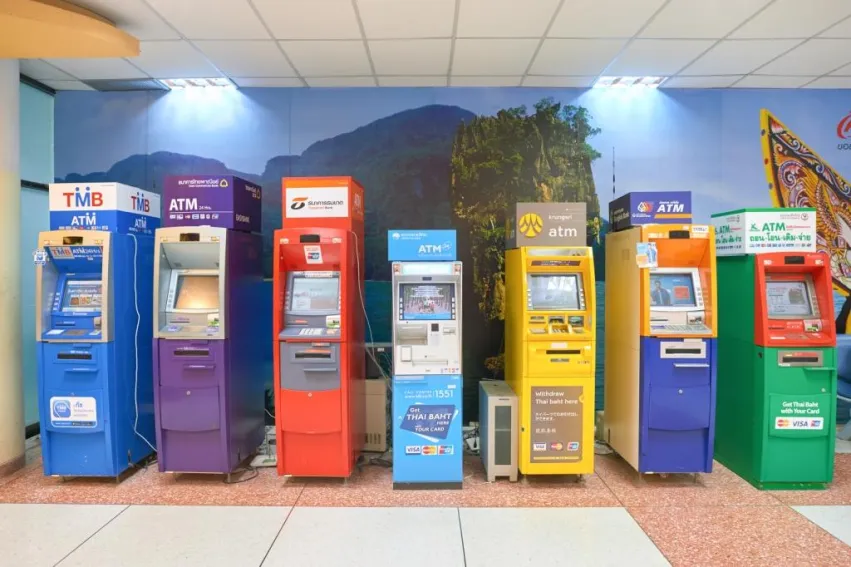
Thailand, Indonesia report higher ratios of restructured loans compared to ASEAN peers
Such loans grew quickly in the first three months of 2017.
Thailand and Indonesia have notably high ratios of restructured loans to gross loans, compared to other ASEAN countries.
In Thailand, Moody's said standard restructured loans increased to a combined 2.9% of gross loans at nine rated commercial banks at end-2016 from 2.4% a year earlier. In 2016, these assets increased faster than problem loans, which grew to 3.6% of gross loans at end-2016 from 3.2% at end-2015.
"Data from six banks that reported earnings for the first quarter of 2017 suggest restructured loans continued to grow quickly in the first three months of the year, with our estimates showing ratios of standard restructured loans rose further at four of them," said Moody's.
Meanwhile in Indonesia, the aggregate ratio of standard restructured loans at nine rated commercial banks rose to 4.6% at end-2016 from 3.3% at end-2015. The ratio slipped to 4.3% at end-March 2017 but it is still more than double what it was at end-2014.
Here's how banks treat restructured loans, according to Moody's:
» Accounting impact: Both in Thailand and Indonesia, banks may book a net-present value (NPV) loss on a loan that has been restructured through a tenure extension, interest deferral or an interest reduction. Such an NPV loss is booked in the profit and loss account in the fiscal year the restructuring process is complete.
» How restructured loans are classified: A restructured loan is classified as a standard, special mention, substandard, doubtful or loss asset depending on whether, and for how long, the borrower has failed to honor contractual obligations to pay interest, repay principal or both. A loan that is not delinquent before restructuring is classified as a standard restructured loan.
» Provisioning requirement: In either country, there is no special provisioning requirement for restructured loans beyond general rules for the five loan quality categories. However, according to banks, the central bank in Thailand pushes banks to set aside additional provisions against performing restructured loans, while banks in Indonesia are free to take charges as they see fit.
Hence for Thai banks, loan restructuring boosts credit costs but the central bank guidance has also helped them maintain stronger loan loss buffers compared to their regional peers.
» When to upgrade status of non-performing restructured loans: In both countries, banks can move a non-performing restructured loan to the standard category if the borrower makes contractual payments on schedule three times after restructuring.












 Advertise
Advertise










